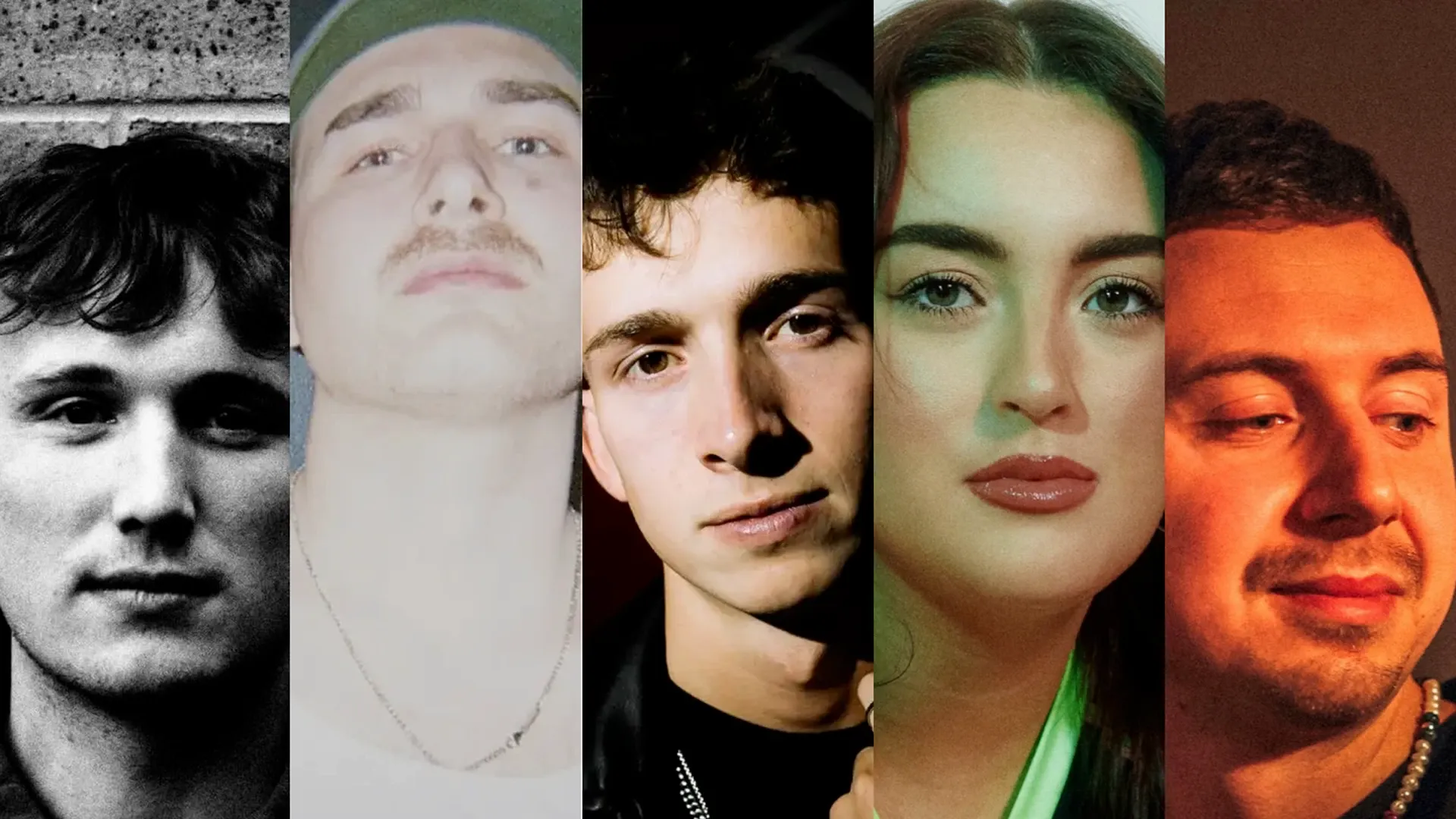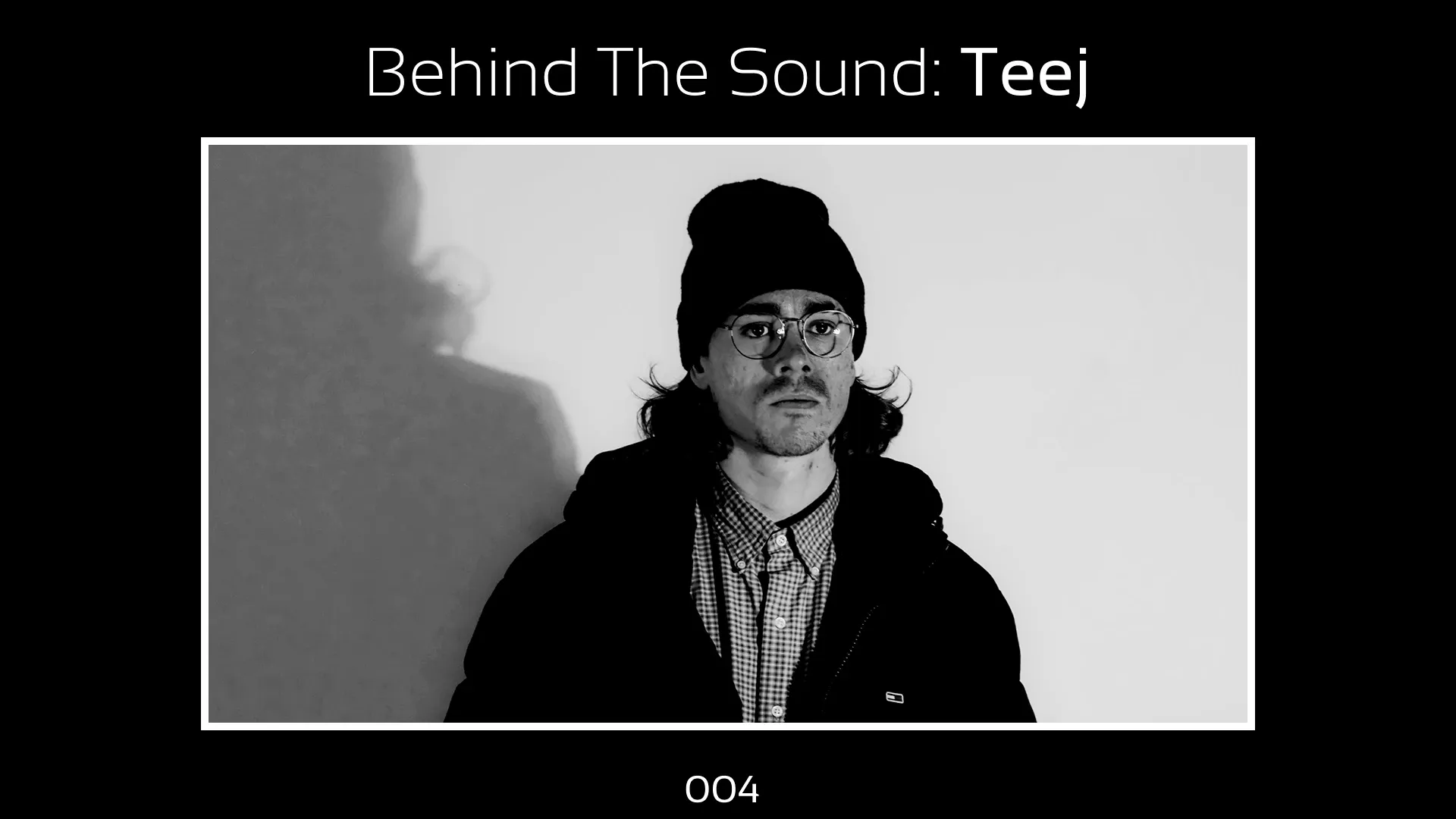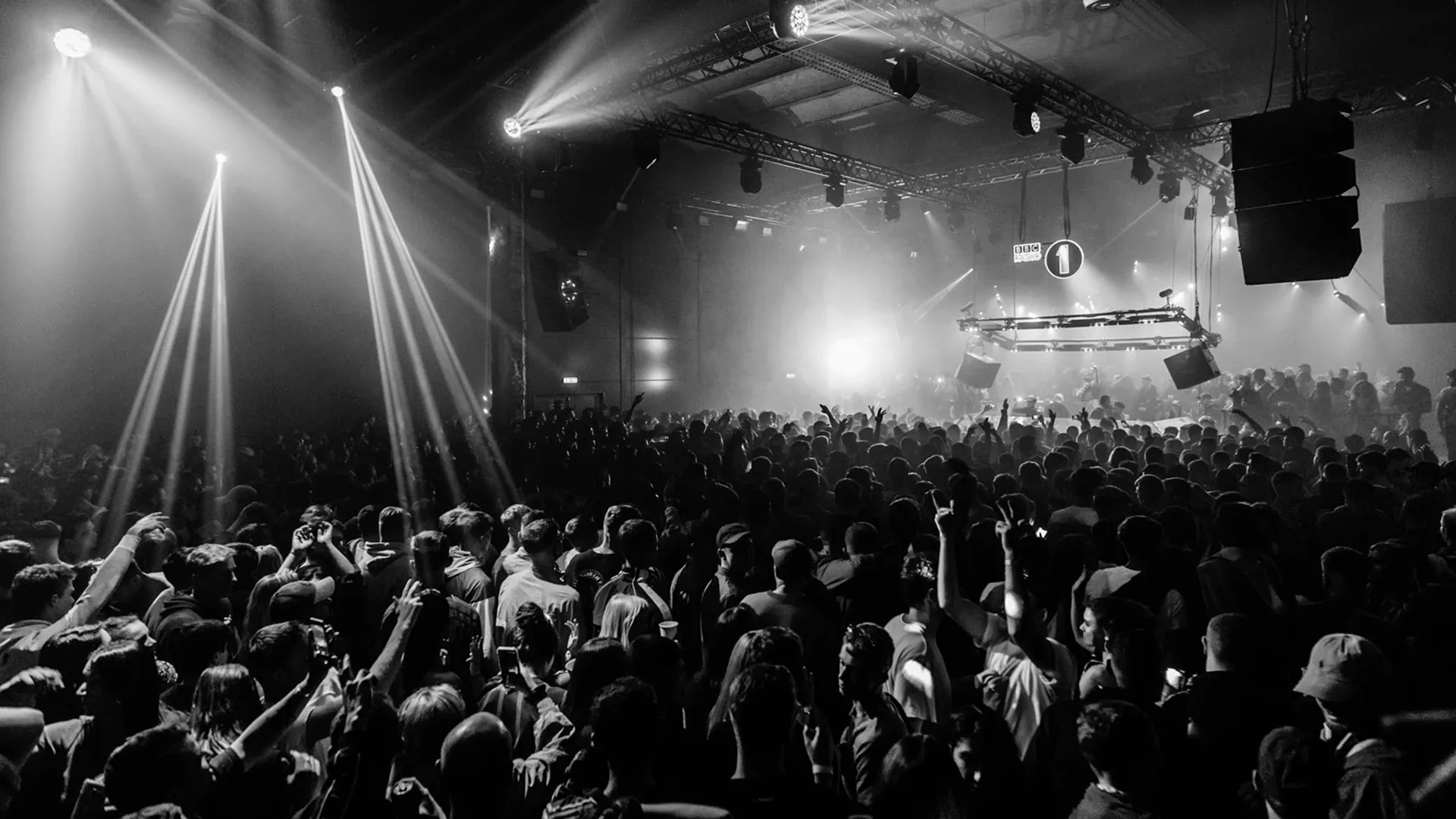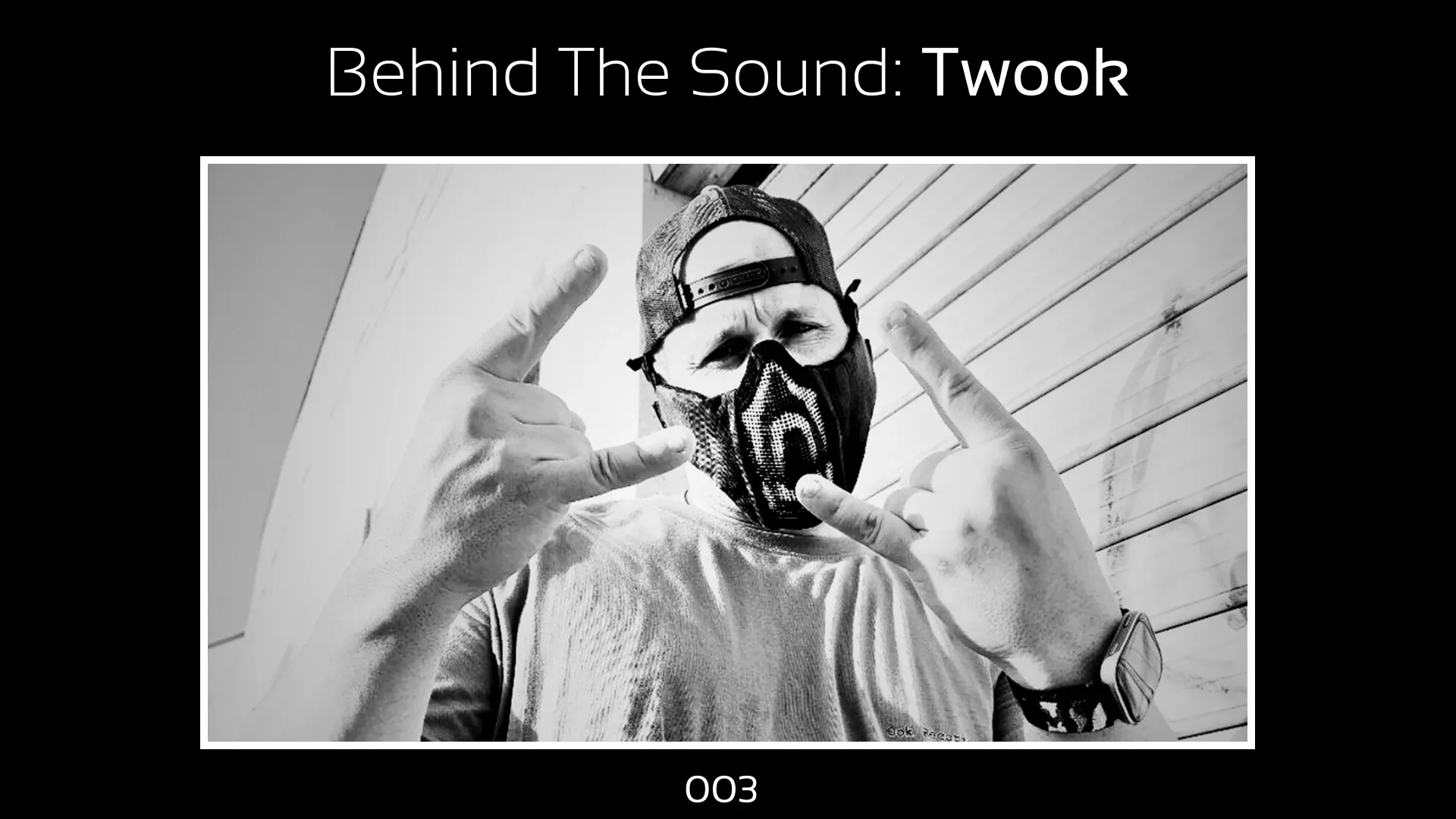Sample Wars: Who Owns the Sound of the Underground?
Sampling in underground dance music is facing new challenges as copyright laws, AI tools, and viral culture collide. Who really owns the sound of the underground?
2 minutes read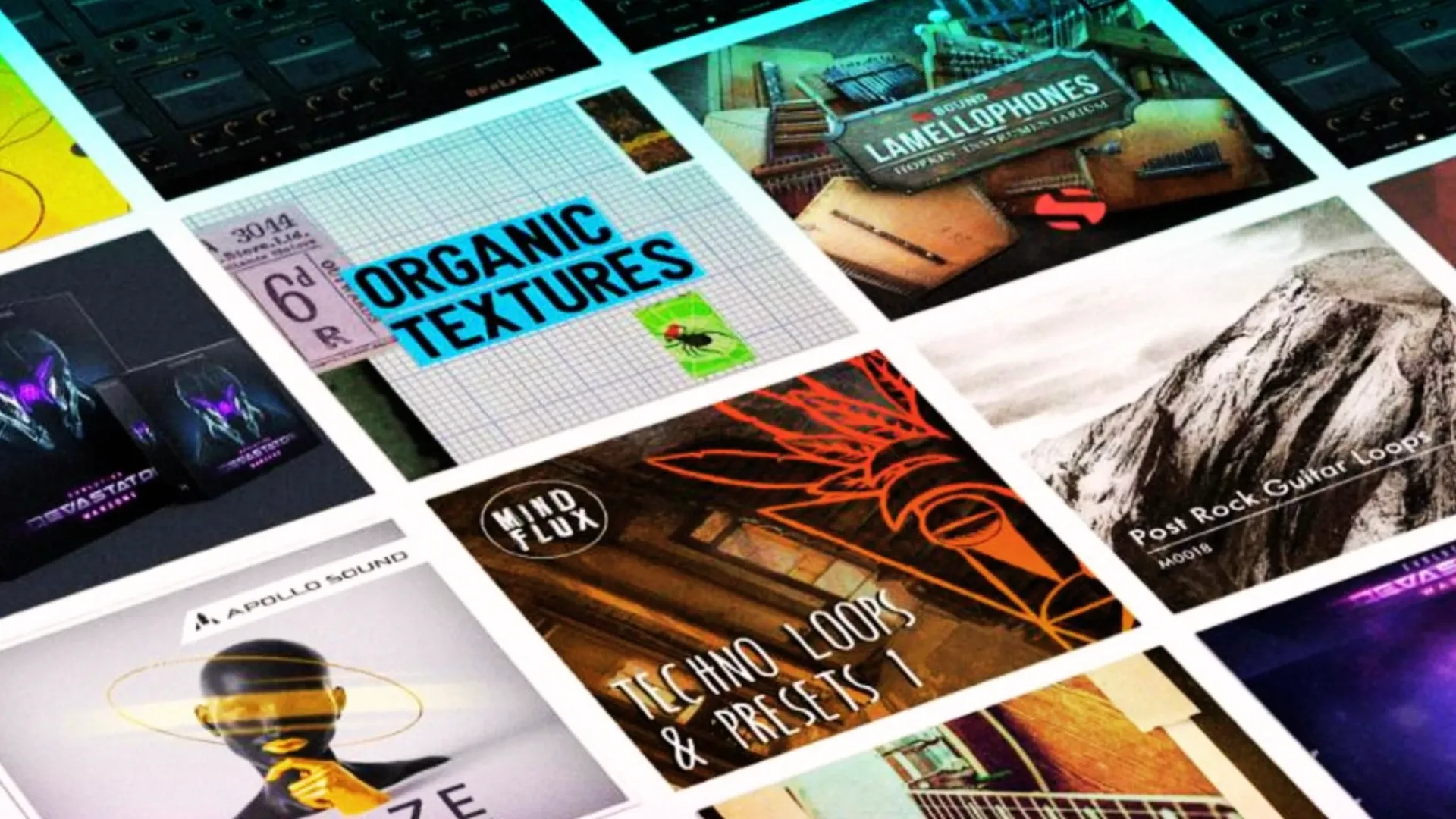
Intro
In the digital age of remix culture, crate-digging, and viral tracks, the question of who really owns a sound is more urgent than ever. As underground dance music thrives on sampling from obscure R&B snippets to grime vocals and YouTube rips, artists are walking a fine line between homage and infringement.
Sampling as Culture
Sampling has always been central to dance music. House and Techno emerged from repurposed disco and funk. Drum & Bass/Jungle were built on breakbeats and dub. UK Garage, Grime, and footwork thrive on chopped vocals and lifted loops. In underground circles, sampling is less theft than dialogue (a way to reference, reinterpret, and keep traditions alive.)
But as tracks built from bootlegs and unofficial stems go viral or reach streaming platforms, they invite scrutiny. Copyright law hasn’t caught up with this cultural practice. A sample that once only existed on a white label in a club is now instantly accessible, monetised, and potentially litigious.
The Legal Grey Zone
Many producers releasing on Bandcamp or SoundCloud operate in a legal grey area. Some clear samples retroactively, some roll the dice, and others manipulate the audio just enough to dodge detection. Major labels and rights-holders are becoming more aggressive, using AI-powered detection tools to flag even the most obscured interpolations.
This has a chilling effect: smaller producers risk takedowns, demonetisation, or lawsuits, while bigger artists with legal teams can sample more freely. The result? A growing divide between those who can afford to take risks and those who can’t.
AI, Archives, and Ownership
New tech is also complicating things. AI tools can replicate vocals, mimic styles, or generate samples in the likeness of famous artists. Meanwhile, digitised archives of old records, radio broadcasts, and field recordings have made sourcing rare sounds easier, but murkier in terms of who gets credited or paid.
The ethics of using a sound that belongs to a marginalised community or an unsung artist from decades past are also in question. Who benefits when those sounds are re-contextualised for the club?
Toward a New Sampling Ethic
Some labels and artists are pushing for more transparency: crediting sources, sharing royalties, and making stems public for remix culture. Platforms like Tracklib and Splice offer licensed samples, but many underground artists argue this sanitises a creative process rooted in risk, rebellion, and deep listening.
As sample culture evolves, dance music finds itself at a crossroads: How do we honour the past without erasing it? How do we innovate without exploiting?
The underground may never be fully legal, but it can be more ethical. And in the battle for the sound of the future, those questions matter more than ever.
